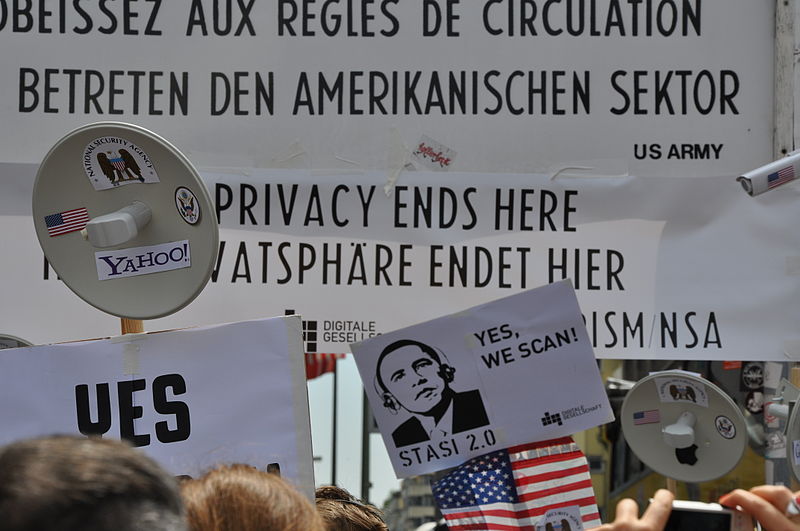
Senior Editor for The Economist Edward Lucas and law professor Stephen Holmes sparred over privacy rights in a debate moderated by NYU law professor Ryan Goodman at the NYU School of Law on March 13.
The two experts argued over a number of issues surrounding privacy, including the constitutionality of the National Security Agency’s practices, the role of intelligence agencies and the oversight of these agencies. The discussion focused on Lucas’ new book, “The Snowden Operation: Inside the West’s Greatest Intelligence Disaster,” which criticizes Edward Snowden and his decision to leak the NSA documents in the summer of 2013.
“I’m not at all against whistleblowers,” Lucas said. “But as the days and weeks went by, I got more and more angry about the way the Snowden revelations unfolded.”
Lucas said the nature of many of the leaks needlessly endangered the lives of U.S. operatives working covertly overseas and demonstrated little or no wrongdoing on the part of the NSA.
“I don’t see what the public interest is revealing how democracies spy on dictatorships,” Lucas said. “The United States is absolutely right to spy on the disgusting Chinese slave masters in Beijing and the crony kleptocrats of the Kremlin.”
Holmes, on the other hand, argued that the NSA had committed crimes and that their actions merit discussion.
“[There is] a serious problem with an agency that has acted illegally in the past,” Holmes said. “An agency of this nature that isn’t forced to give plausible reason for its actions is very likely to start engaging in irrational action.”
Holmes said Snowden’s leaks did not fix the situation, but they sparked more conversation about the NSA and privacy rights.
“Snowden is neither a patriot nor a traitor on this,” Holmes said. “He’s an irresponsible young man.”
Holmes asked Lucas whether he thought intelligence services were performing adequately. Lucas said the discussion of privacy rights is not new and Snowden was not necessary for the country to question the NSA’s operations. He added that Snowden’s actions were more destructive than constructive.
“I don’t think that the way to remedy what’s wrong with the NSA is to blow it up, and that’s what Snowden is trying to do,” Lucas said.
The debate ended without declaring a winner, which NYU LLM law student Matthias Lippold said was appropriate.
“Regardless of your personal position on this topic, both speakers did a great job in presenting their side of the argument,” Lippold said. “It was very interesting to see how you can defend the spying program that has been run or be very critical of it.”
John Ambrosio is a contributing writer. Email him at [email protected].






















































































































































